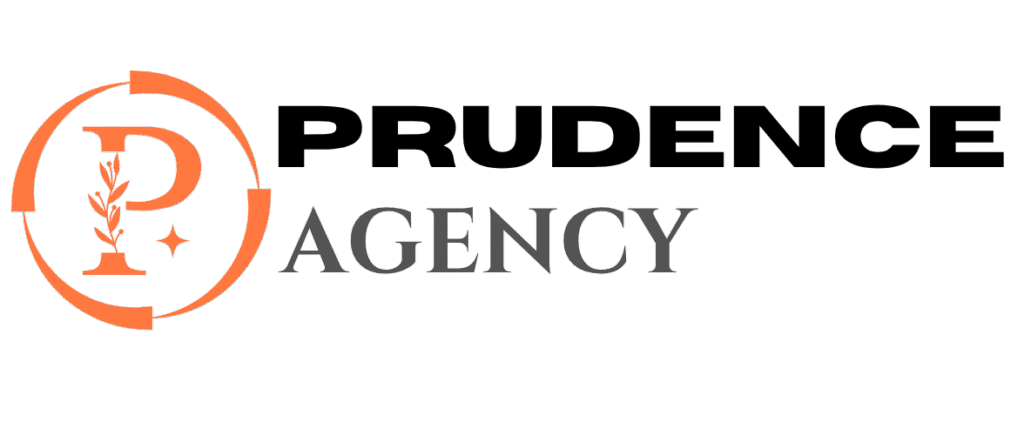Advanced Security Practices in Website Development for 2025
As we move further into 2025, the importance of robust security practices in website development cannot be overstated. With cyber threats becoming increasingly sophisticated, developers must integrate advanced security measures into their workflow to safeguard sensitive data and ensure a seamless user experience. In this article, we’ll explore the latest security trends, essential practices, and practical tips to protect your website effectively.
Understanding the Landscape of Cyber Threats in 2025
The landscape of cyber threats is constantly evolving. Here are some potential threats to keep an eye on in 2025:
- Ransomware Attacks: Increasingly targeting small to medium-sized businesses.
- Phishing Scams: Utilizing AI to craft more convincing fraudulent messages.
- Zero-Day Vulnerabilities: Exploits targeting software before they are patched.
- Supply Chain Attacks: Compromising third parties to access larger systems.
Essential Security Practices for Website Development in 2025
1. Secure Coding Practices
Implementing secure coding practices is crucial in preventing vulnerabilities. Here are some tips:
- Conduct regular code reviews to identify and rectify security flaws.
- Utilize security libraries and frameworks that adhere to best standards.
- Sanitize user inputs to prevent SQL injection and Cross-Site Scripting (XSS) attacks.
2. Comprehensive Authentication Methods
Authentication is the first line of defense. Here are enhanced methods for 2025:
- Multi-Factor Authentication (MFA): Ensure users verify their identity through multiple methods.
- OAuth 2.0: Utilize this protocol to delegate access safely.
- Biometric Verification: Explore fingerprint or facial recognition methods for enhanced security.
3. Regular Security Testing
Frequent security testing can help identify vulnerabilities early. Consider these techniques:
- Pentration Testing: Simulate attacks to test your system’s resilience.
- Vulnerability Scanning: Use tools to automatically detect weaknesses in your system.
- Code Audits: Regularly audit your code to ensure it meets security standards.
Benefits of Implementing Advanced Security Practices
Adopting advanced security practices offers numerous benefits:
- ⬤ Enhanced User Trust: Users feel more secure knowing their data is protected.
- ⬤ Reduction in Data Breaches: Implementing security measures significantly lowers the risk of breaches.
- ⬤ Improved SEO Rankings: Google prioritizes secure sites, positively impacting your visibility.
- ⬤ Compliance with Regulations: Helps businesses comply with GDPR, HIPAA, and other regulations.
Practical Tips for Securing Your Website
Here are some actionable tips to enhance your website’s security:
- Keep all software and plugins updated to patch vulnerabilities.
- Use HTTPS to encrypt data in transit.
- Limit user access based on roles and responsibilities.
- Regularly back up your data and store it securely.
- Educate your team on security best practices and phishing threats.
Case Studies: Successful Security Implementations
Understanding real-world applications can help design effective security strategies. Here are two notable case studies:
| Company | Challenge | Solution Implemented | Outcome |
|---|---|---|---|
| XYZ Corp | Frequent Data Breaches | Implemented Multi-Factor Authentication and Biometric Security | 90% reduction in unauthorized access incidents |
| ABC Ltd | Slow Response to Vulnerabilities | Adopted Regular Pentesting and Vulnerability Scanning | 60% quicker remediation times for security issues |
First-Hand Experience: Insights from Developers
Here, we share insights from web developers who prioritize security:
Emily R., a senior developer at Tech Solutions, emphasizes the importance of incorporating security from the start: “Treat security as an integral part of your development lifecycle. It’s much easier to build secure systems than to retroactively patch them. We use automated scanning tools and have regular security meetings.”
Mark T., an IT manager at NewGen Innovations, adds: “Employee training is key! A well-informed team is your best defense against phishing and social engineering attacks. We conduct monthly training sessions.”
Conclusion: Prioritizing Security in Website Development
As the digital landscape continues to evolve in 2025, prioritizing advanced security practices in website development is more critical than ever. By understanding potential threats and implementing robust security measures, developers can protect user data, build trust, and ultimately enhance their site’s performance. Stay proactive, stay educated, and ensure that security is an ongoing commitment in your development process.











